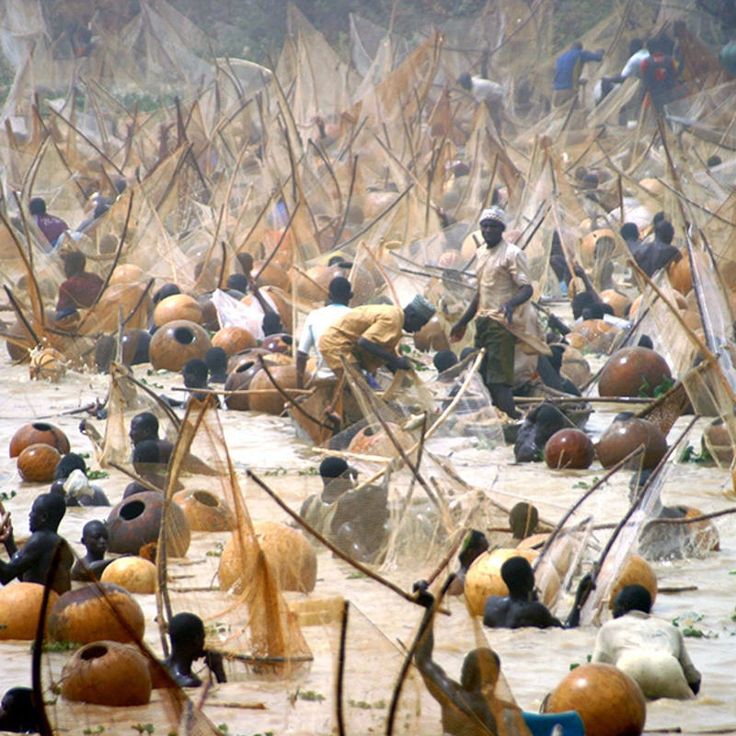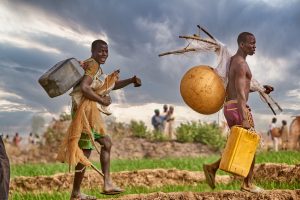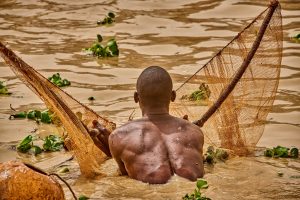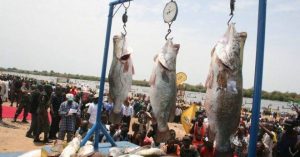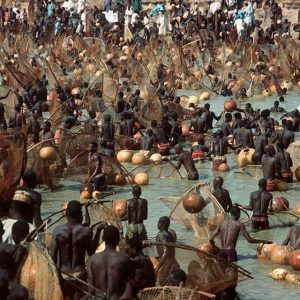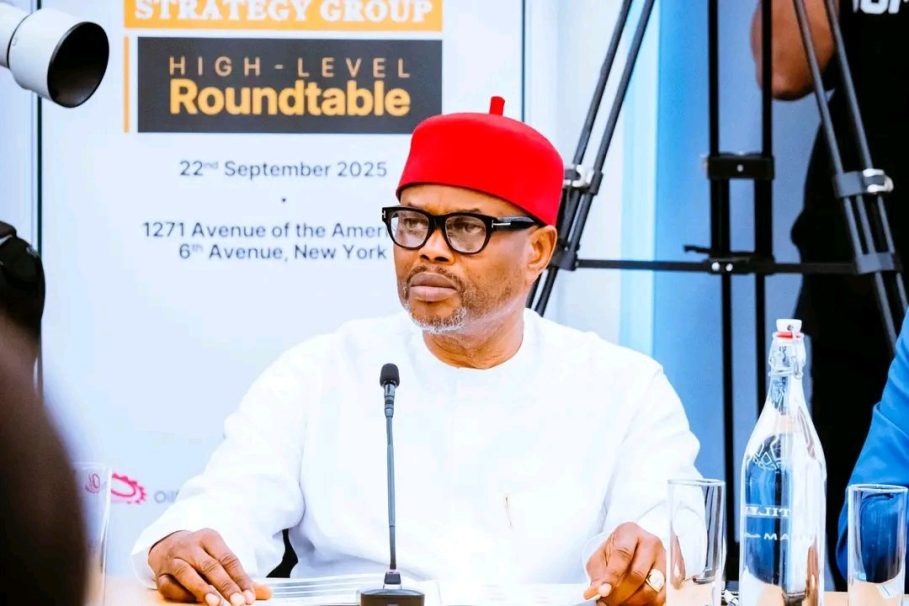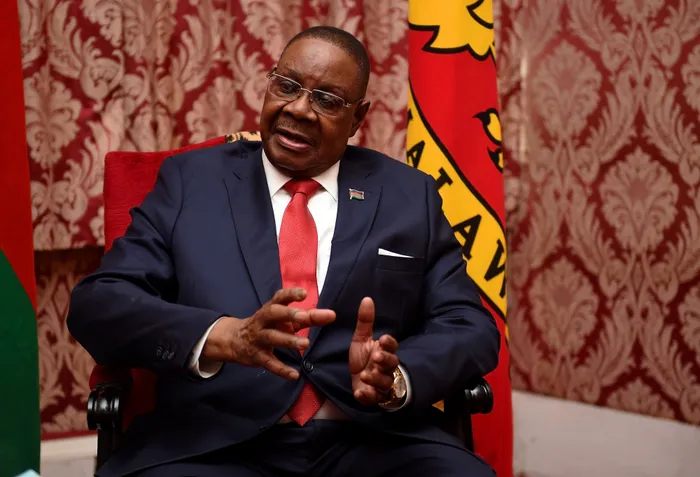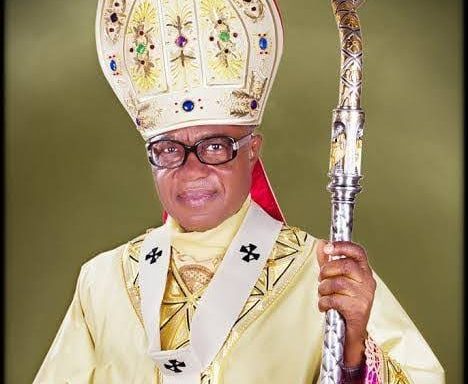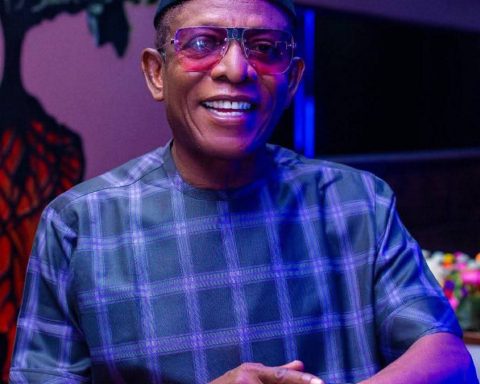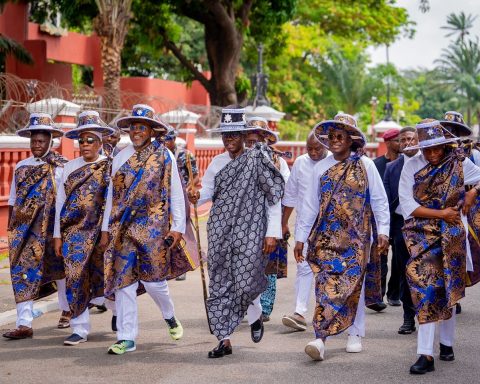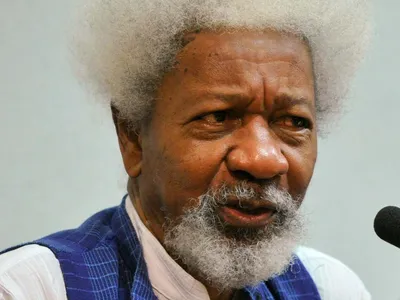When the first gunshot splits the air above the Matan Fada River in Argungu, Kebbi State, the calm surface shatters into motion.
Thousands of men, bare-chested and clutching traditional nets, plunge into the muddy current. The banks roar with chants, drums, and cheers the river itself seems alive with expectation.
Join our WhatsApp ChannelThis is no mere competition. It is culture in motion: the Argungu International Fishing and Cultural Festival, a four-day pageant that reaffirms identity, memory, and unity for Nigeria’s north and beyond.
A Celebration Born of Peace
The roots of Argungu stretch back to 1934, when leaders initiated the festival to celebrate the end of centuries of conflict between the Sokoto Caliphate and the Kebbi Kingdom. Originally a communal religious and agricultural rite, the festival was a symbolic gesture of reconciliation. Over the decades, it has grown into a national and international event.
“The Argungu Festival reminds us of who we are,” says Alhaji Muhammad Ladan, Sarkin Ruwa (Chief of the River). “It’s not only about fishing; it’s about peace, pride, and the spirit that binds our people together.”
Held each February after the farming season the festival now blends sport, music, dance, crafts, and local commerce. But its heart remains the fishing contest.
The Grand Contest: Man vs. River
When the signal is given, more than 30,000 fishermen dive simultaneously into the Matan Fada River, armed only with hand-woven nets, calabashes, and traditional fish traps (malfa). No hooks, no motors only skill, grit, and the whispers of ancestral knowledge.
One of the festival’s enduring legends came in 2005, when a man hauled from the riverbank a 75-kilogram fish, still the heaviest on record. Winners walk away with vehicles, livestock, and up to $7,500 in cash. Yet for many, the deeper prize is prestige, memory, and pride in their community.
“It’s not about luck,” says Aminu Umar, a veteran fisherman from Niger Republic who participated in 2020. “It’s about experience, patience, and listening to the river.”
READ ALSO: Olojo: The ‘Day of Creation’ and the Sacred Crown of Ile-Ife
Breaking the New Yam: How the ‘Iri Ji’ Festival Keeps the Igbo Spirit Alive
The Hiatus and the Comeback
From 2011 to 2020, the festival went silent. Security concerns across northern Nigeria forced its suspension. But in March 2020, Argungu returned with triumph and fanfare. The late President Muhammadu Buhari attended the resurgent edition, casting his own net into the river as part of the formal opening. The revival drew tens of thousands of visitors and resuscitated tourism in the region.
Officials estimated more than 50,000 visitors were in attendance in 2020, generating renewed pride and revenue for Kebbi State.
A Postponement for Progress: 2025 – 2026
On February 4, 2025, Kebbi State authorities announced that the 61st Argungu Festival initially scheduled for February 2025 would be rescheduled to 2026.
At a press briefing, Deputy Governor and Festival Chairman, Sen. Umar Abubakar Tafida Argungu, explained:
“After extensive discussions, the Emirate Council decided to reschedule the 61st Argungu International Fishing and Cultural Festival, originally planned for February 2025. The festival will now take place in 2026.”
He explained that the delay would allow for comprehensive renovation of venues, infrastructure upgrades, and the completion of key projects like road dualisation in Argungu township.
“We want to ensure the facilities meet modern standards and reflect Kebbi’s growing reputation as a hub for cultural tourism,” he added.
Despite the postponement, the state reiterated its commitment to delivering a festival in 2026 that surpasses expectations in scale, safety, and cultural integrity.
A Symbol That Transcends Borders
Argungu’s prestige grew notably in 1970, when Gen. Yakubu Gowon and President Diori Hamani of Niger attended a diplomatic milestone. Since then, every Nigerian president has visited or sent high-level representation. Today, the festival draws audiences from Africa, Europe, America, and Asia, and is recognized by UNESCO as part of the world’s intangible cultural heritage.
Impact, Challenges & Preservation
Argungu is more than a show it is an economic engine. The Kebbi State Tourism Board reports that the festival pumps millions of naira into the local economy annually. Hotels in Argungu, Birnin Kebbi, and surrounding towns book out weeks in advance. Traders, artists, farmers, and transporters all reap benefits from the surge in visitors.
Hon. Abubakar Chika Ladan, Commissioner of Culture & Tourism, reflects:
“Argungu is living proof that culture can be an engine for economic growth. Each edition transforms local livelihoods and draws global attention to Kebbi State.”
But the festival faces real pressures. Environmental changes, dam developments along the Sokoto-Rima Basin, and dwindling fish populations threaten the delicate ecosystem. Meanwhile, rising commercialization risks diluting the spirituality and community essence of the event.
Cultural historian Dr. Halima Zuru, of Usmanu Danfodiyo University, warns:
“While modernization brings visibility, Argungu must retain its authenticity. Its spirit lies in tradition not spectacle.”
To protect the heritage, the state government has collaborated with UNESCO and the National Commission for Museums and Monuments to document cultural practices, train youth fighters in traditional techniques, and preserve oral histories.
More Than a Festival, a Living Legacy
For the people of Argungu, this is not just an event. It is the river remembering. It is ancestors speaking. It is a community proclaiming: We endure, we celebrate, we belong.
When the waters stir again in 2026, the festival will not just mark another competition. It will stand as renewed proof: that even amid change, a culture grounded in respect, memory, and unity can still flow, strong and true.
Argungu lives on… a river of heritage, hope, and harmony.
Amanze Chinonye is a Staff Correspondent at Prime Business Africa, a rising star in the literary world, weaving captivating stories that transport readers to the vibrant landscapes of Nigeria and the rest of Africa. With a unique voice that blends with the newspaper's tradition and style, Chinonye's writing is a masterful exploration of the human condition, delving into themes of identity, culture, and social justice. Through her words, Chinonye paints vivid portraits of everyday African life, from the bustling markets of Nigeria's Lagos to the quiet villages of South Africa's countryside . With a keen eye for detail and a deep understanding of the complexities of Nigerian society, Chinonye's writing is both a testament to the country's rich cultural heritage and a powerful call to action for a brighter future. As a writer, Chinonye is a true storyteller, using her dexterity to educate, inspire, and uplift readers around the world.
- Amanze Chinonye
- Amanze Chinonye
- Amanze Chinonye
- Amanze Chinonye
- Amanze Chinonye
- Amanze Chinonye
- Amanze Chinonye
- Amanze Chinonye
- Amanze Chinonye
- Amanze Chinonye
- Amanze Chinonye
- Amanze Chinonye
- Amanze Chinonye
- Amanze Chinonye
- Amanze Chinonye
- Amanze Chinonye
- Amanze Chinonye
- Amanze Chinonye
- Amanze Chinonye
- Amanze Chinonye
- Amanze Chinonye
- Amanze Chinonye
- Amanze Chinonye
- Amanze Chinonye
- Amanze Chinonye
- Amanze Chinonye
- Amanze Chinonye
- Amanze Chinonye
- Amanze Chinonye
- Amanze Chinonye
- Amanze Chinonye
- Amanze Chinonye
- Amanze Chinonye
- Amanze Chinonye
- Amanze Chinonye
- Amanze Chinonye
- Amanze Chinonye
- Amanze Chinonye
- Amanze Chinonye
- Amanze Chinonye
- Amanze Chinonye
- Amanze Chinonye
- Amanze Chinonye
- Amanze Chinonye
- Amanze Chinonye
- Amanze Chinonye
- Amanze Chinonye
- Amanze Chinonye
- Amanze Chinonye
- Amanze Chinonye
- Amanze Chinonye
- Amanze Chinonye
- Amanze Chinonye
- Amanze Chinonye
- Amanze Chinonye
- Amanze Chinonye
- Amanze Chinonye
- Amanze Chinonye
- Amanze Chinonye
- Amanze Chinonye
- Amanze Chinonye
- Amanze Chinonye
- Amanze Chinonye
- Amanze Chinonye
- Amanze Chinonye
- Amanze Chinonye
- Amanze Chinonye
- Amanze Chinonye
- Amanze Chinonye
- Amanze Chinonye
- Amanze Chinonye
- Amanze Chinonye
- Amanze Chinonye
- Amanze Chinonye
- Amanze Chinonye
- Amanze Chinonye
- Amanze Chinonye
- Amanze Chinonye
- Amanze Chinonye
- Amanze Chinonye
- Amanze Chinonye
- Amanze Chinonye
- Amanze Chinonye
- Amanze Chinonye
- Amanze Chinonye
- Amanze Chinonye
- Amanze Chinonye
- Amanze Chinonye
- Amanze Chinonye
- Amanze Chinonye
- Amanze Chinonye
- Amanze Chinonye
- Amanze Chinonye
- Amanze Chinonye
- Amanze Chinonye
- Amanze Chinonye
- Amanze Chinonye
- Amanze Chinonye
- Amanze Chinonye
- Amanze Chinonye
- Amanze Chinonye
- Amanze Chinonye
- Amanze Chinonye
- Amanze Chinonye
- Amanze Chinonye
- Amanze Chinonye
- Amanze Chinonye
- Amanze Chinonye
- Amanze Chinonye
- Amanze Chinonye
- Amanze Chinonye
- Amanze Chinonye
- Amanze Chinonye
- Amanze Chinonye
- Amanze Chinonye
- Amanze Chinonye
- Amanze Chinonye
- Amanze Chinonye
- Amanze Chinonye
- Amanze Chinonye
- Amanze Chinonye
- Amanze Chinonye
- Amanze Chinonye
- Amanze Chinonye
- Amanze Chinonye
- Amanze Chinonye
- Amanze Chinonye
- Amanze Chinonye
- Amanze Chinonye
- Amanze Chinonye


